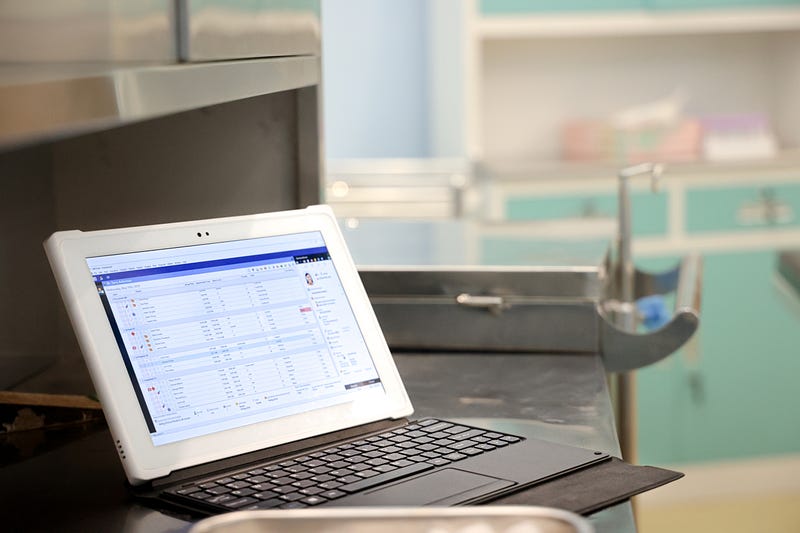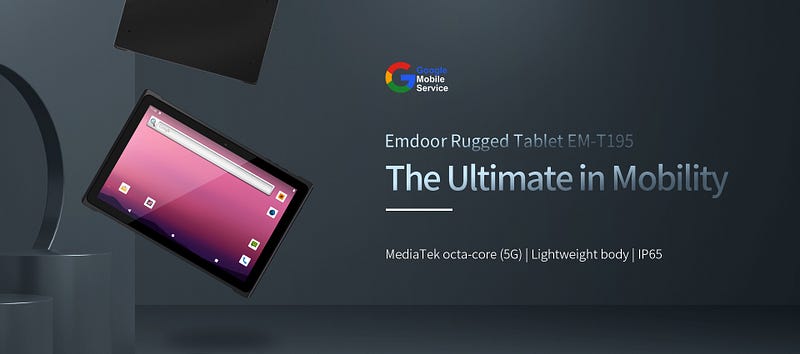As the national economy continues to advance, people’s focus is gradually shifting from basic needs to physical and mental health. It has become essential for individuals to constantly monitor their own health conditions and promptly improve them through medical means or healthcare products. Therefore, the healthcare industry has become a highly sought-after sector in the current times.

One of the main challenges in the healthcare sector is the collection and storage of unstructured data. These data and information appear in the form of medical records, medical imaging, and even handwritten doctor’s notes. As data accumulates, the healthcare industry becomes a target for data breaches. Storing and protecting this data are two of the most challenging tasks for teams.
With the increasing power of telemedicine, patient databases are also growing. The demand for secure technology and systems is even more widespread than before. If providers wish to share patient data with patients through third-party software using existing systems, special exceptions must be made. However, there is still no guarantee that third-party programs can fully protect patient data. Additionally, ensuring information security through remote doctor calls is also challenging.

Medical-grade rugged tablets can collect and store patient data securely. In fast-paced environments where drops and spills may occur frequently, they will not be damaged by accidental drops.
Medical-grade rugged tablets help protect patient privacy and data security in three ways:
- Compliance with HIPAA Standards: Medical-grade rugged tablets need to comply with HIPAA standards for storing information on tablet networks. Patient information is provided in real-time but only accessible to healthcare professionals with appropriate credentials. This ensures that patient data is always protected and prevents data leaks.
- CAC Reader Integration: Medical-grade rugged tablets are manufactured with integrated CAC readers, allowing healthcare professionals to scan for patient medical records, medical imaging, or doctor’s notes. This adds an extra layer of security to data stored on the network, ensuring that no one can access the data without authorization.
- Front and Rear Cameras: Medical-grade rugged tablets are equipped with integrated cameras, making teleconferencing more secure as there is no need for third-party platforms to conduct video conferences with patients.
Furthermore, the construction of medical-grade rugged tablets is robust enough to handle harsh environments such as operating rooms, field hospitals, or fast-paced ICU rooms. They are durable, meaning they do not require the maintenance and upkeep needed for consumer-grade computers, resulting in cost savings.